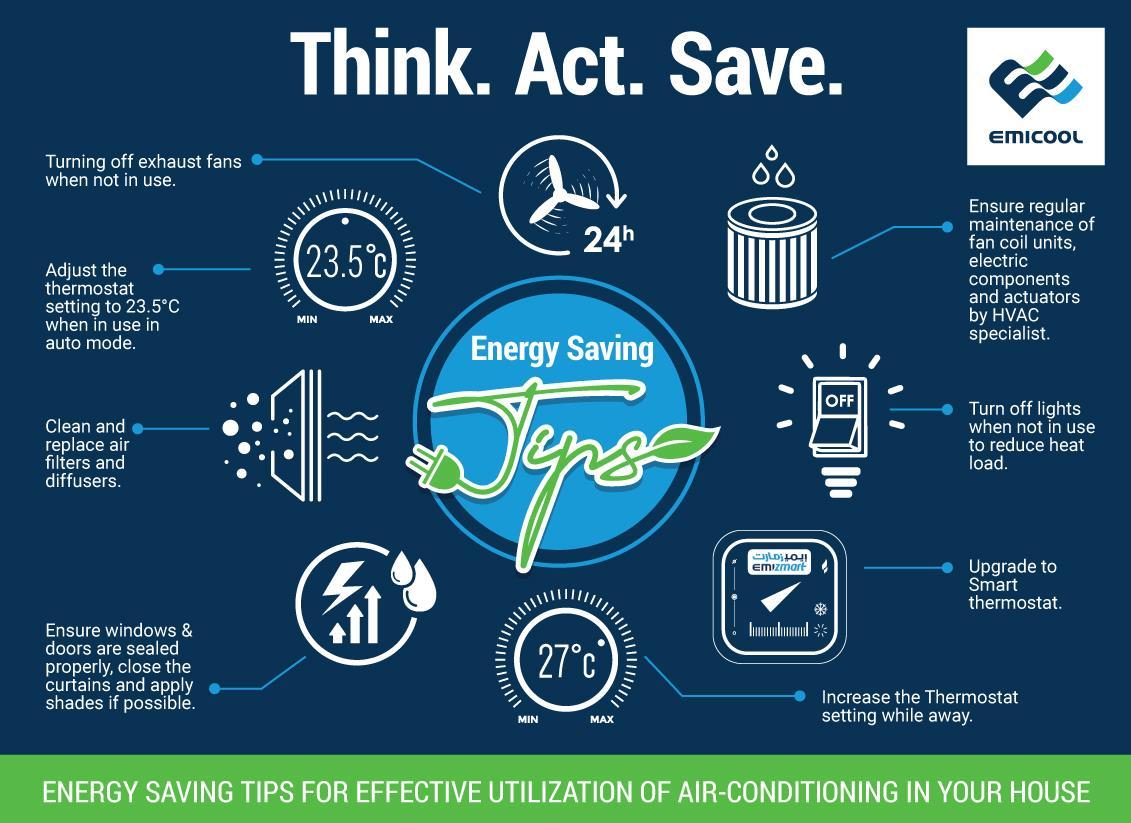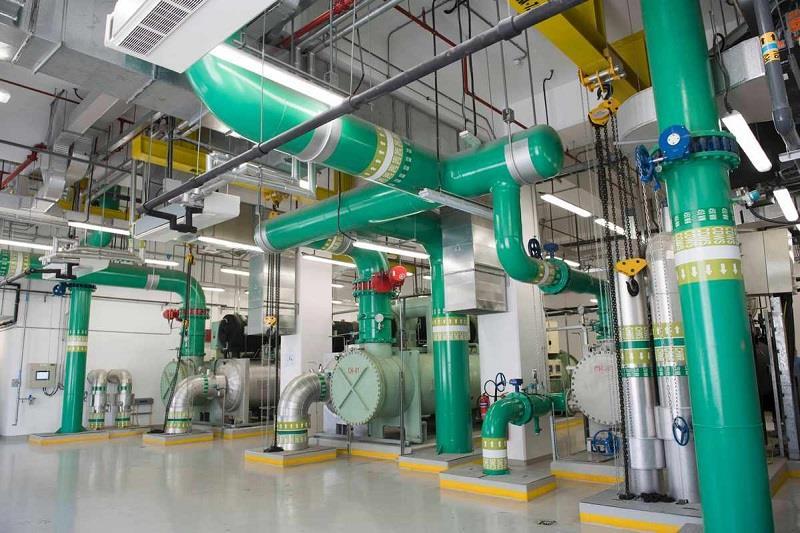Possible Challenges Hindering The Path Of A Green Tech Revolution In The Middle East
The government fully supports the growth and dissemination of the district cooling market in the GCC region. Let us see how:

• The government is working towards spreading sustainable cooling technologies and fulfilling energy conservation goals.
• Awareness regarding energy-efficient cooling methods is also propelling the demand for DCS systems.
• To increase the spread of DCS, the government has mandated a specific percentage of these systems in the energy mix. For ex-commercial towers. This step ensures that sustainable cooling solutions become a part of the UAE cooling market.
•
The government fully supports the growth and dissemination of the district cooling market in the GCC region.

•
By the year 2030, the government aims to fulfill 40% of the cooling demand through DCS.
In October 2020, DSCE(Dubai Supreme Council Of Energy) formed the Association of District Cooling Operators in Dubai to promote quality district cooling operations and increase cooperation among the cooling operators.

However, even with the support received by the energy companies in Dubai, they still face certain challenges.
1. The main obstacle faced by DCS is the high upfront investment and long-term usage agreement.
2. In the case of already existing buildings, it is a difficult task to inculcate the design of district cooling systems.

3. Despite the government's efforts to reserve a section of the cooling market for DCS, the demand is still insufficient.
4. Customers also feel like pulling back from investing in area cooling solutions like DCS because of the lack of timeline guarantee by the master developer.
5. Retrofitting within existing buildings is also an issue faced by DCS.
DCS systems make use of treated sewage effluent(TSE). Potable water is more costly than TSE which means that the cost of operation is significantly reduced by at least 8-10%. The only available solution to this problem is to provide a higher supply of TSE to agriculture during winter when there is more work in the fields. And supply TSE to DCS during summers. Legionnaires disease is another dilemma. The disease is linked to installations like cooling towers, humidifiers, evaporative condensers etc. Many EU travelers in Dubai have reported legionnaire cases.

Although cooling towers are vulnerable to this bacterial growth, they can take preventive measures to avoid an outbreak:
1. Install a regular bacterial disinfection service
2. The bacteria grows faster in sludge. So avoid parts that cause sludge build-up
3. To prevent bacteria growth on the surface, a closed circuit can be used instead of an open circuit.
4. Regular cleaning and maintenance
5. To prevent bacteria from growing in pipework, avoid dead legs
6. Drift eliminators can help in capturing aerosols
7. Chiller service companies can employ different processes that control bacterial growth. For example, replacing a warm water storage system with hot water unit with mixing valves.
We can see that although the district cooling sector is facing certain challenges, these can easily be solved with the right approach. Thus, we can say that district cooling systems are the present and future of cooling systems. For reliable and result-oriented energy audits in the UAE, contact Emicool.


